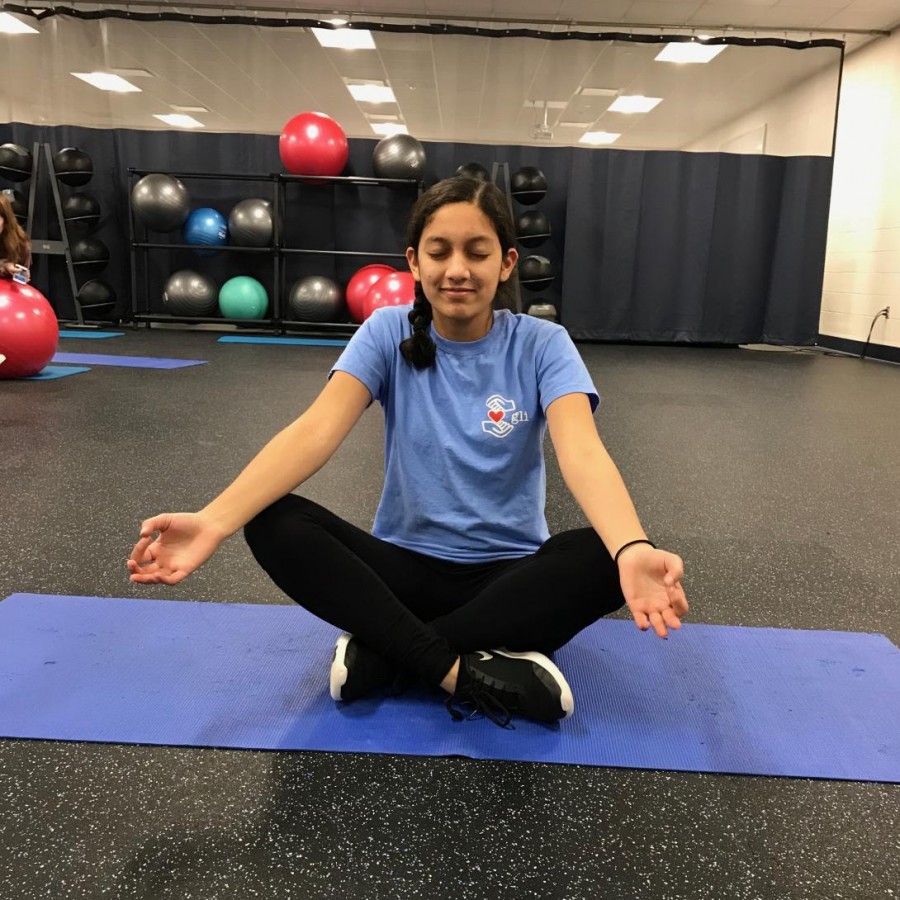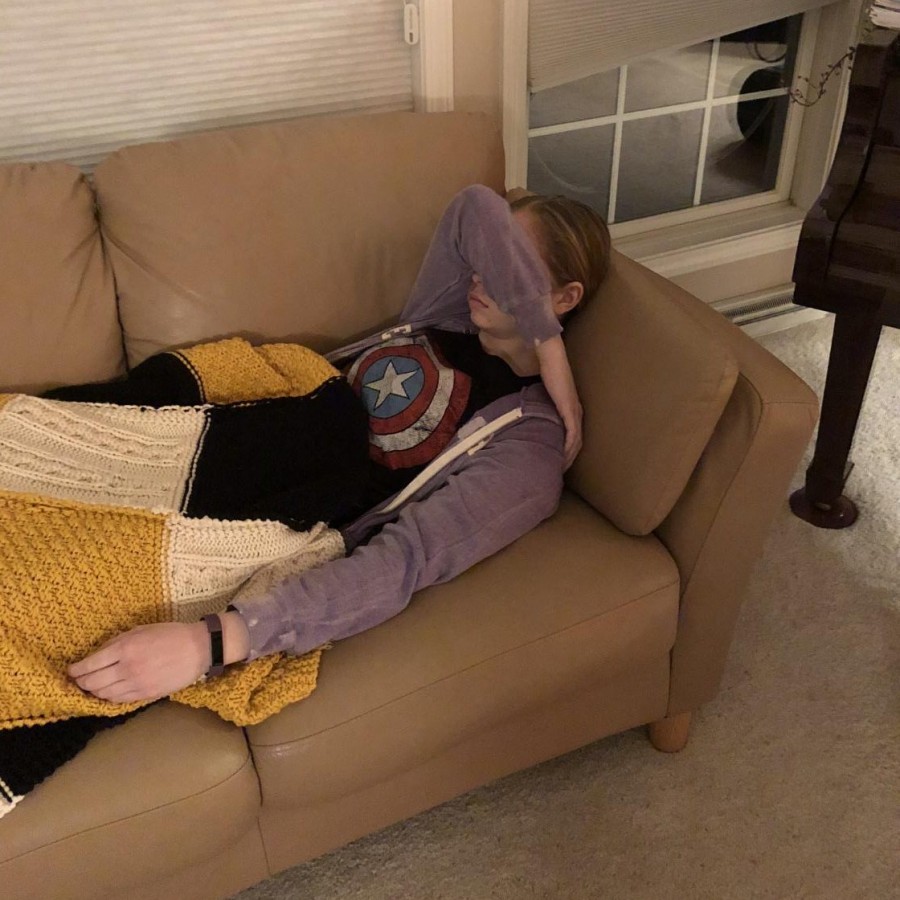Since the ‘90s, the development of technology has increased rapidly and the usage of internet and communication devices is at an all-time high. Smartphones are incredibly useful tools, as people are able to access all sorts of information and use different applications for social media, games and almost anything one can imagine. According to several different sources, the group with the highest percentage of cell phone usage is people between the ages of 12 and 18. Cell phones are almost a necessity in this day and age, but cell phone usage seems to have negative impacts on students in school.
Having cell phones causes students to be less productive. Senior Avery Luepker says, “I use my phone too much. I can’t focus in class and I am always distracted by different forms of social media.” Outside of school, when he is doing homework, he says he takes much longer than he should to do most of assignments because he is constantly checking his phone for notifications.
The easiest thing an individual can do to improve his or her concentration and performance is limiting distractions. This means putting away as many electronic devices as possible. Putting away phones allows a person to be more efficient with his or her homework, reduces the likelihood of procrastination, and improves overall focus.
Other tips for focusing and being productive include trying to get as much sleep as possible, eating breakfast, taking notes in class and getting involved in discussion.
Getting adequate sleep may be easier said than done, as high schoolers are heavily involved in extracurriculars and have large amounts of homework. However, studies show that those who have a healthy sleep cycle tend to be more attentive. It has also been proven that a good amount sleep helps students retain more information.
Oftentimes, as a result of trying to leave the house on time, students skip the most important meal of the day: breakfast. Breakfast is considered to be the most important meal of the day because it replenishes the body with nutrients and energy. Skipping meals is unhealthy because it requires the body to rely on whatever energy it has left from the previous meal, which in this case is dinner. The time gap between dinner and lunch the next day is too long for one meal to fuel.
Lastly, taking notes and being involved in discussion is one of the best ways to improve concentration. Taking detailed notes and asking questions are active methods of learning. One is more likely to pay attention if he or she is making a conscious effort to listen and understand content.










